Team
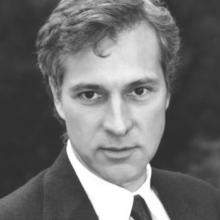
William Hurlbut
William B. Hurlbut is a physician and Consulting Professor in the Department of Neurobiology at Stanford University Medical Center. His primary areas of interest involve the ethical issues associated with advancing biomedical technology, the biological basis of moral awareness, and studies in the integration of theology and philosophy of biology. He is currently a Visiting Scholar at the Stanford Center on Adolescence and serves as a Trustee for the Templeton World Charities Foundation.
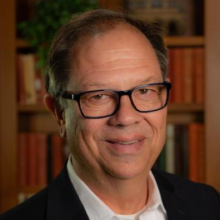
William Newsome
William Newsome is the Director of the Wu Tsai Neurosciences Institute and a Professor of Neurobiology at Stanford. He has made fundamental contributions to our understanding of the neural mechanisms underlying visual perception and simple forms of decision-making. He co-chaired the NIH working group that planned the US national BRAIN initiative, and was elected to the National Academy of Sciences in 2000, and to the American Philosophical Society in 2011.
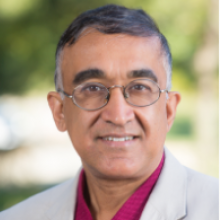
Ronjon Nag
Ronjon Nag is a Stanford Interdisciplinary Distinguished Careers Institute Fellow. He has deployed artificial intelligence systems for mobile devices over three decades, working on AI at Cambridge, where he received a PhD in Engineering; at Stanford, as a Harkness Fellow in the Department of Psychology; and at MIT, where he received an MS. He is currently an advisor to numerous high tech companies and a Visiting Fellow at the Stanford Center for the Study of Language and Information.
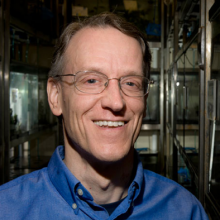
David Kingsley
David Kingsley is a Professor in Developmental Biology and former Director of the NIH Center of Excellence in Genomic Science at Stanford: The Genomic Basis of Vertebrate Diversity. He brings crucial expertise in the field of genomics and developmental biology, with a long record of high-profile publications on the detailed mechanisms that explain vertebrate evolution, including many of the genes and mechanisms that control human morphology and disease susceptibility.
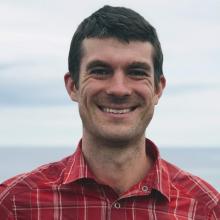
Steven Crane
Steven Crane received a bachelor’s degree in Human Biology from Stanford University in 2012, and completed his master’s degree in Community Health and Prevention Research at the Stanford School of Medicine in 2019. His key interests include the basic psychological and philosophical orientations towards the self and life experiences that make for a healthy, happy, thriving existence, and what methods or personal practices can shift those orientations for the better.
John Perry
bio to come...